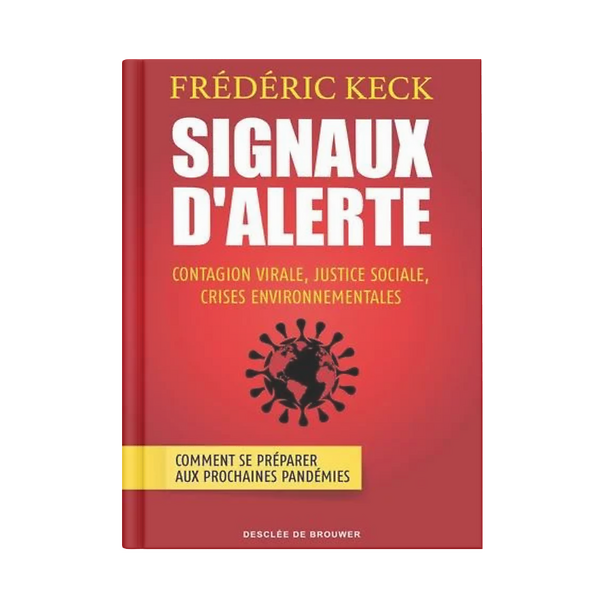Signaux D Alerte
Description
More and more warning signals are being sent out about ecological disasters. The value of these signals is not governed by the criterion of true or false alarm, nor by the principle of good or bad government, but by the attractiveness of the signal, i.e. its capacity to arouse the attention and interest of those who receive it. Based on a study of pandemic sentinels in Asian societies, Frédéric Keck shows that territories that issue warning signals, such as Hong Kong, Taiwan or Singapore, have competitive and collaborative relationships with each other analogous to those of birds that compete to warn of the presence of a predator.
Product information
- Publication Year
- 2020
- Technical specification
- Auteur : Frédéric Keck
- Dimensions
- 13,2 cm × 19,0 cm × 1,5 cm
- Number of Pages
- 232
- EAN
- 9782220097305

